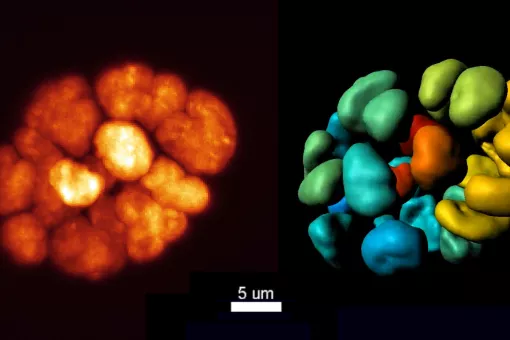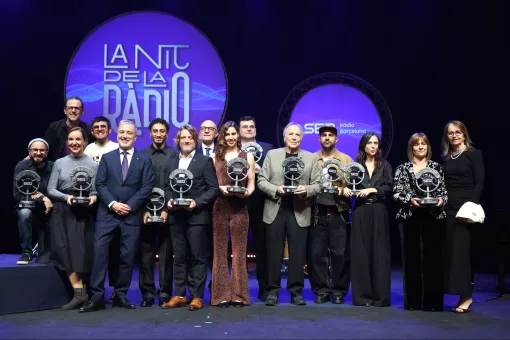Images
Experts in systems biology, molecular pharmacology and bioengineering convene in Barcelona, invited by IRB Barcelona and the BBVA Foundation.
Although the pharmaceutical industry has dedicated enormous research efforts over the last 50 years to identify new targets and develop new active ingredients, these efforts have met with limited success. One of the main reasons for the failure of many molecules is because the studies have focused, almost exclusively, on the relation between the target protein and the drug. However, proteins rarely work alone but rather form part of a series of connected networks, signaling pathways and interactions. Researchers now believe that drug development calls for a broader view, which contemplates the global properties of the complex systems responsible for the regulation of most biological processes. This change in paradigm, included in the so-called "Systems Biology" approach, is the focus of the next Barcelona BioMed Conference, "Targeting and Tinkering with Interaction Networks", organised by the Institute for Research in Biomedicine (IRB Barcelona) and the BBVA Foundation.
Held from 14-16 April at the Institut d’Estudis Catalans, in Barcelona, this conference will bring together 23 leading authorities in this field from around the globe.
Patrick Aloy: "We have the parts lists of diverse organisms provided by the genome projects , but now we need to figure out how all these elements work together in order to begin to understand how physiological processes occur and what happens when something goes wrong, for example, in disease."
The genome projects carried out over the last 10 years worldwide have provided almost complete lists of the molecular components of diverse organisms, including humans. "While this information is vital, it’s really only the beginning," says Patrick Aloy, ICREA researcher and group leader in Systems Biology at IRB Barcelona and co-organiser of the "Targeting and Tinkering with Interaction Networks" Conference. “We have the parts lists, but now we need to figure out how all these elements work together in order to begin to understand how physiological processes occur and what happens when something goes wrong, for example, in disease."
Why, for example, when you modify a protein that inactivates a certain step in a disease process, are a series of other vital processes in the organism affected related to the protein you altered? Or why, when you try to block the effect of a single molecule in a signaling pathway, does a backup system kick in and ensure that the signal still arrives? "Because several processes and interactions are at work. We need to understand this as a whole – not just as individual components," explains co-organizer Rob Russell, group leader at the European Molecular Biology Laboratory in Heidelberg, Germany. “Once we have a better idea of the complex systems involved, we can design drugs that don’t just target single molecules, but ones that aim to change the behaviour of an entire network of interactions.”
Unraveling the mysteries of systems biology will require the concerted effort of researchers from a wide range of disciplines. Huge amounts of data need to be integrated, and complex systems modeled and then tested in physiological conditions. This diversity is reflected in the list of speakers for this conference, which includes biocomputational scientists, molecular and cell biologists, pharmacologists, from both academia and industry.
About IRB Barcelona
The Institute for Research in Biomedicine (IRB Barcelona) pursues a society free of disease. To this end, it conducts multidisciplinary research of excellence to cure cancer and other diseases linked to ageing. It establishes technology transfer agreements with the pharmaceutical industry and major hospitals to bring research results closer to society, and organises a range of science outreach activities to engage the public in an open dialogue. IRB Barcelona is an international centre that hosts 400 researchers and more than 30 nationalities. Recognised as a Severo Ochoa Centre of Excellence since 2011, IRB Barcelona is a CERCA centre and member of the Barcelona Institute of Science and Technology (BIST).





